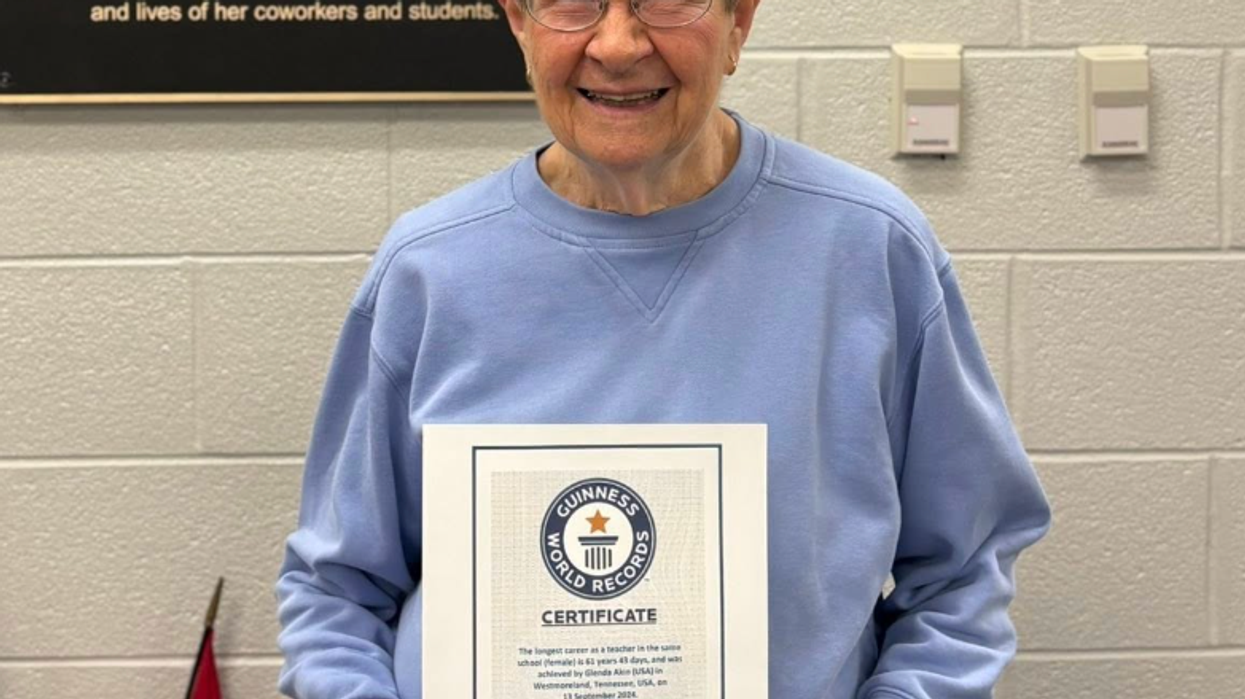Among photographers (of both the pro and Instagram variety), a popular sub-genre of ruin porn is abandoned stuff on the street. Nothing conveys inevitable disillusionment, the passage of time, accidental loss, and existential despair with such allusion-rich incongruity as a stuffed teddy bear in a puddle, or crockpot still in its 1970s packaging, forlornly promising delicious no-effort meals from its new home on the curb.
Former girlfriend/boyfriend Sloane Crosley and Greg Larson recently started a blog to transition their failed long-distance relationship into friendship by sharing their appreciation for all the "Sad Stuff" they spot on the street in their respective cities. Called Sad Stuff on the Street, it is, of course, quite sad, but also quite funny. As Crosley explains,
Basically, a sad thing on the street should make you want to smile and frown simultaneously. It should tear your face apart.
Not everything that is abandoned on the street is sad; sometimes it is just interesting or funny. Crosley and Larson have expounded on their curatorial system at amusing length, but the jist of it is, sad things on the street are like love: you just know.
That said, wanting to take an iPhone photo of the object in question is a tell-tale sign:
It's like the word that fancy arts people use when first laying eyes on a great painting. Frisson! You just found a beautiful sad thing on the street!! There's a shock of impression, a little shudder in your chest, and suddenly all that matters is taking out your iPhone and snapping a picture so you can send it to someone who will be glad to see it.
You can browse a handful of sad things in our slideshow, visit Sad Stuff on the Street for many more, and—thrillingly!—submit your own. And, of course, we wouldn't be GOOD if we didn't remind you that despite the perverse charm and melancholy cultural commentary you create by dumping stuff on the street, we'd obviously rather you reduced, recycled, re-used, and generally cleaned up after yourself instead.
All images and captions via Sad Stuff on the Street. Thanks for the link, Alex.
















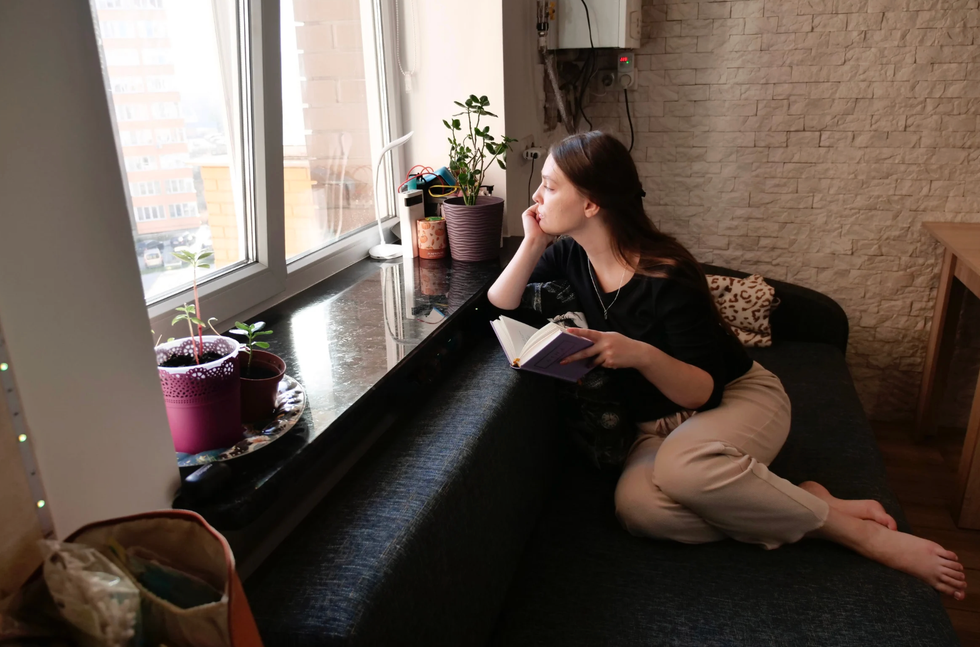 A woman relaxes with a book at homeCanva
A woman relaxes with a book at homeCanva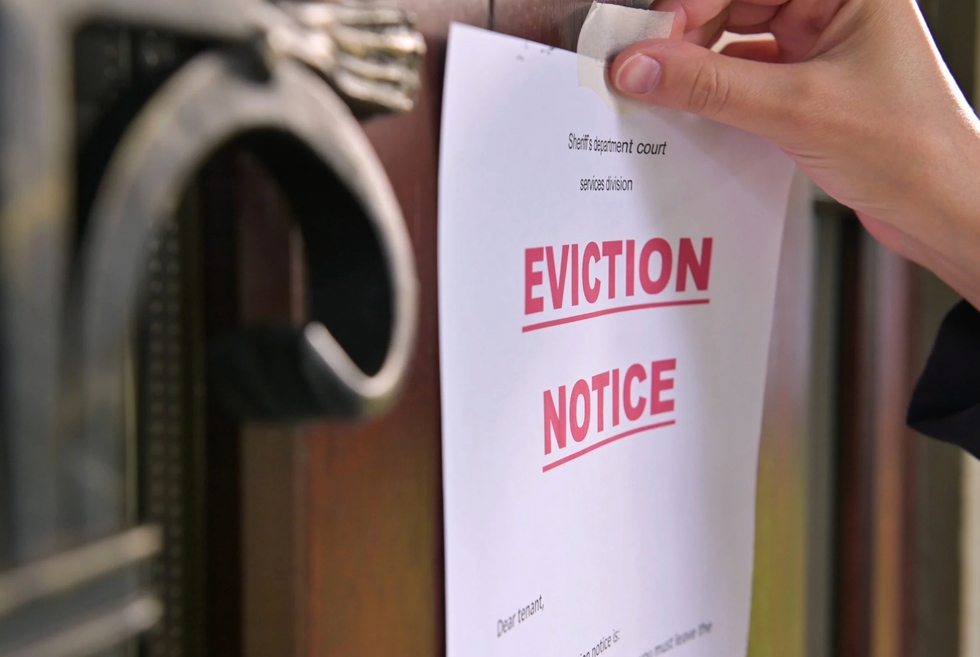 An eviction notice is being attached to a doorCanva
An eviction notice is being attached to a doorCanva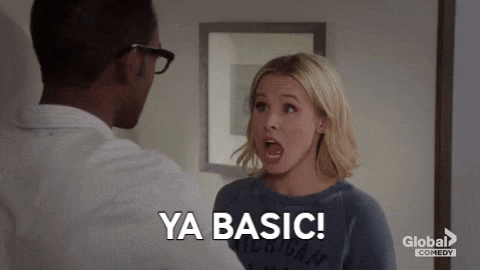 Gif of Kristen Bell saying 'Ya basic!' via
Gif of Kristen Bell saying 'Ya basic!' via 
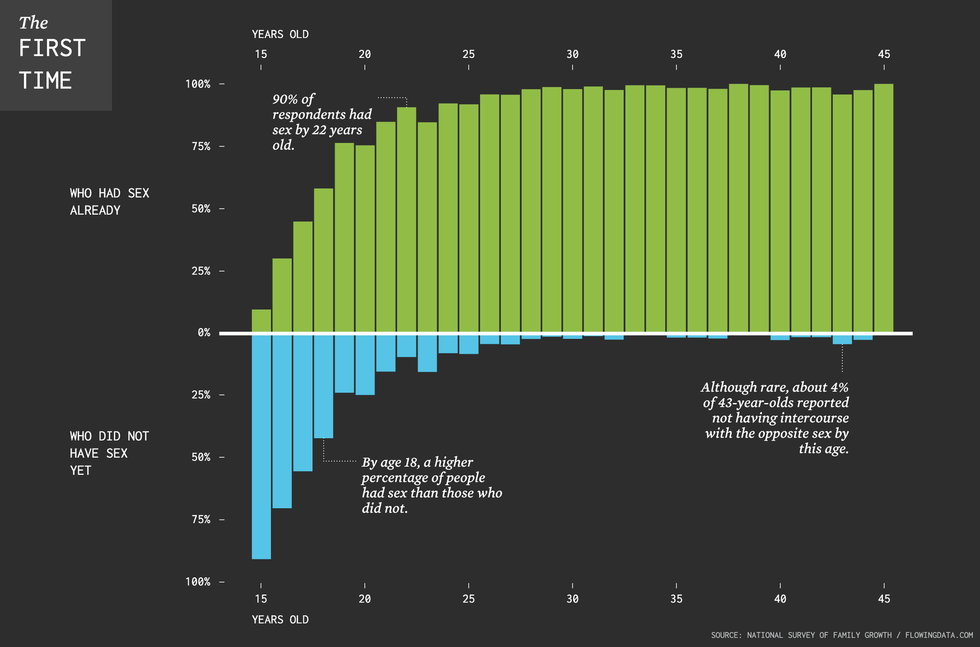 The chart illustrates that between ages 16 and 20, roughly half the population loses their virginity. By age 22, 90% of the population has had sex.
The chart illustrates that between ages 16 and 20, roughly half the population loses their virginity. By age 22, 90% of the population has had sex. A group of young people hold their phonesCanva
A group of young people hold their phonesCanva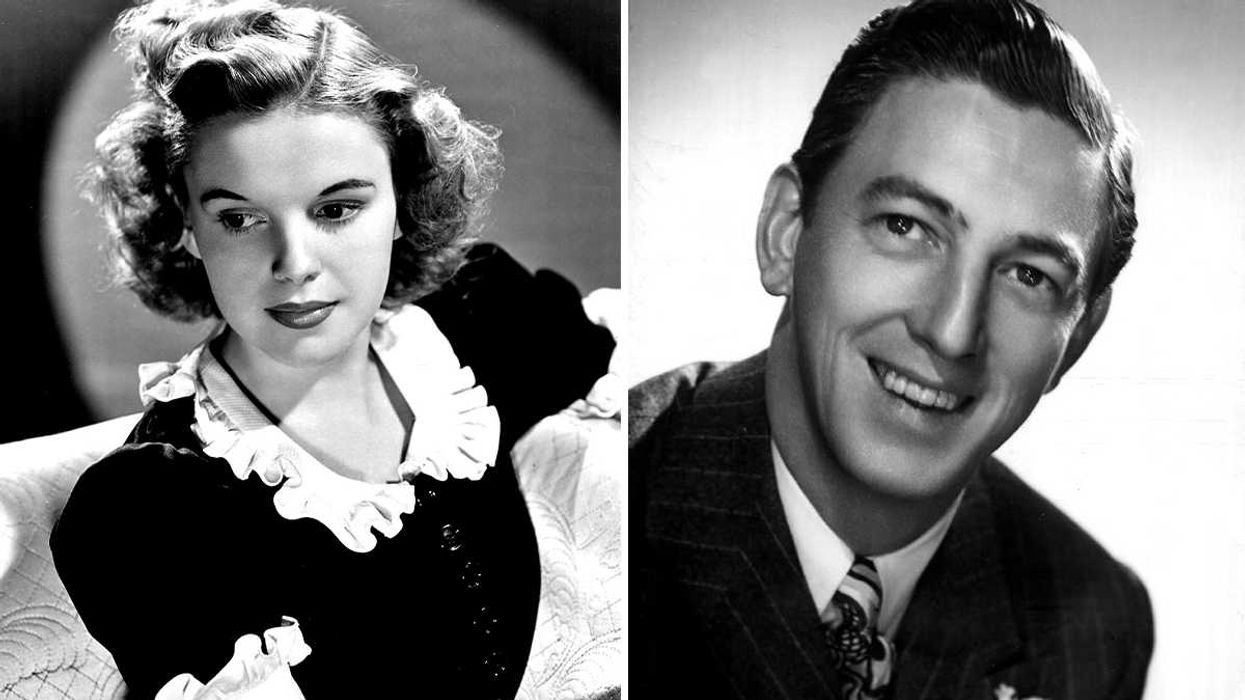
 (LEFT) Judy Garland as Dorothy Gale and (RIGHT) Ray Bolger as Scarecrow from "The Wizard of OZ"CBS/
(LEFT) Judy Garland as Dorothy Gale and (RIGHT) Ray Bolger as Scarecrow from "The Wizard of OZ"CBS/ 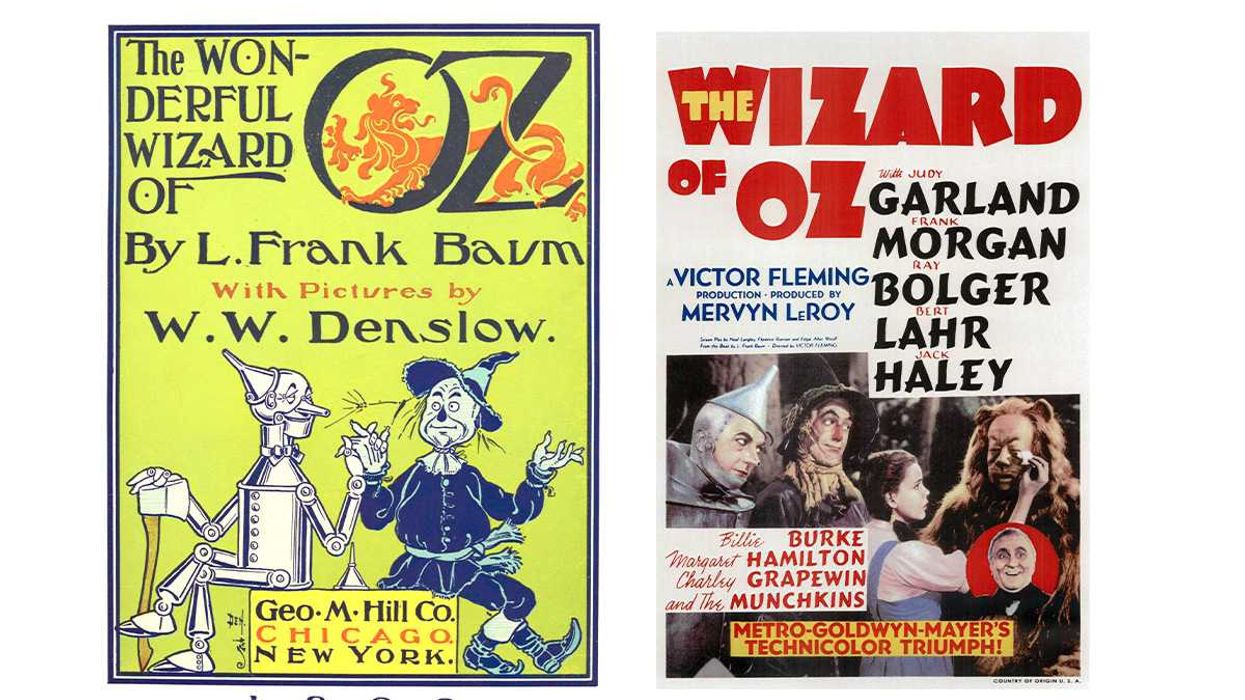 (LEFT) The Wonderful Wizard of Oz children's novel and (RIGHT) The Wizard of Oz movie poster.William Wallace Denslow/
(LEFT) The Wonderful Wizard of Oz children's novel and (RIGHT) The Wizard of Oz movie poster.William Wallace Denslow/ 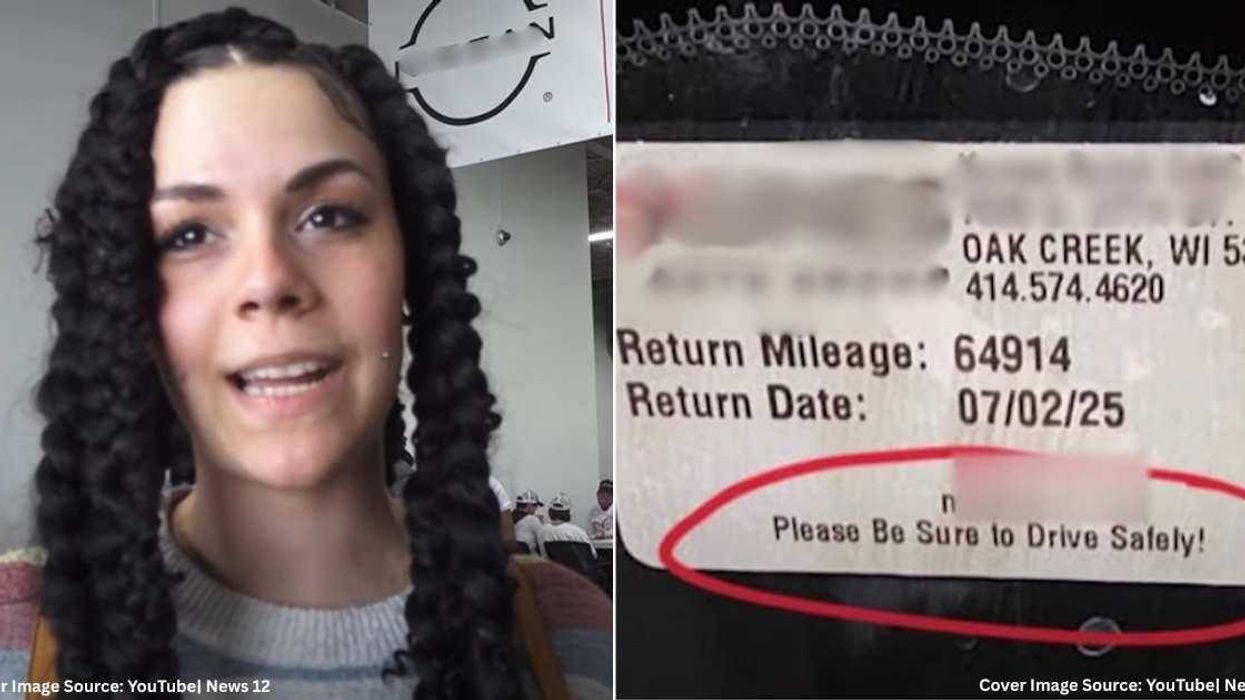
 A frustrated woman at a car dealershipCanva
A frustrated woman at a car dealershipCanva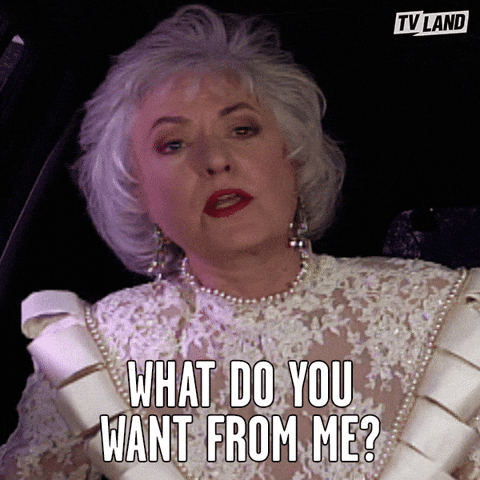 Bee Arthur gif asking "What do you want from me?" via
Bee Arthur gif asking "What do you want from me?" via 
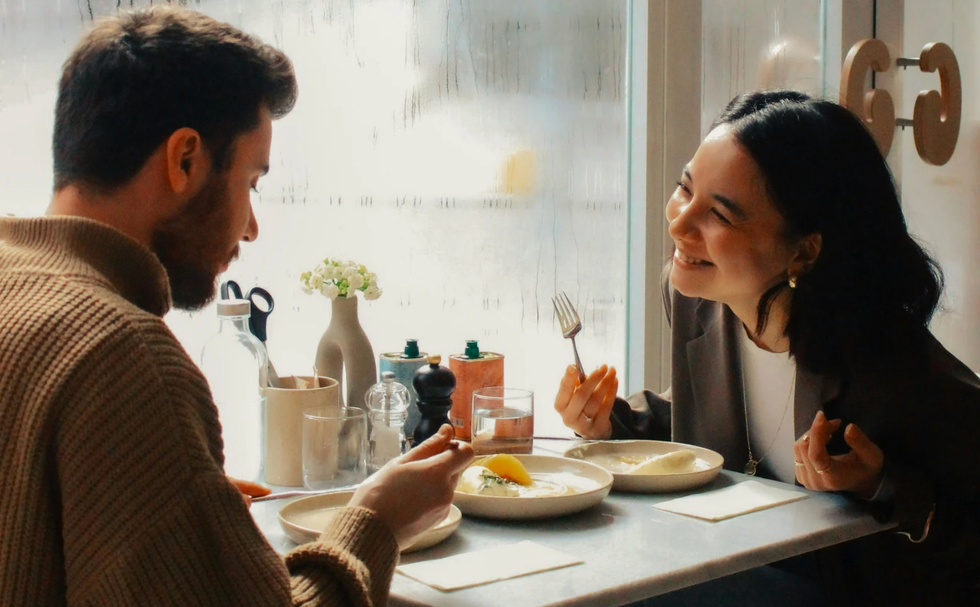 A couple on a lunch dateCanva
A couple on a lunch dateCanva Gif of Obama saying "Man, that's shady" via
Gif of Obama saying "Man, that's shady" via 
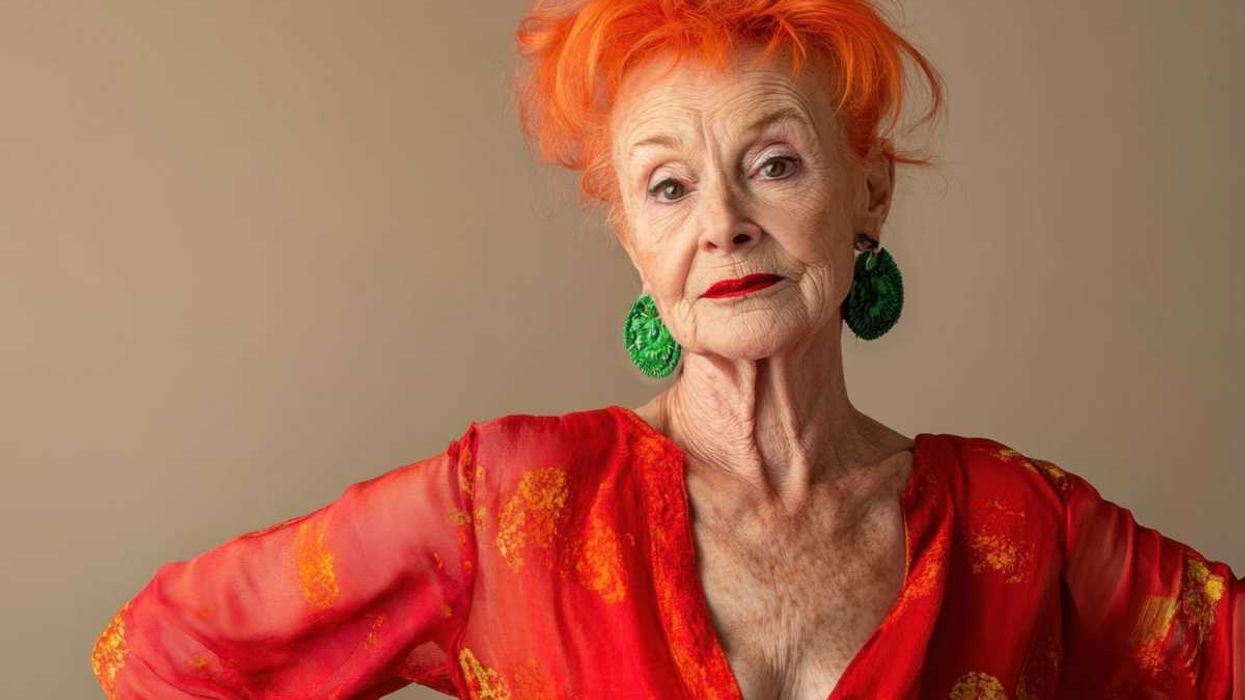 Elegance in red.Photo credit:
Elegance in red.Photo credit:  An older woman shows off some bling.Photo credit:
An older woman shows off some bling.Photo credit:  A woman enjoys a beautiful day. Photo credit:
A woman enjoys a beautiful day. Photo credit: 